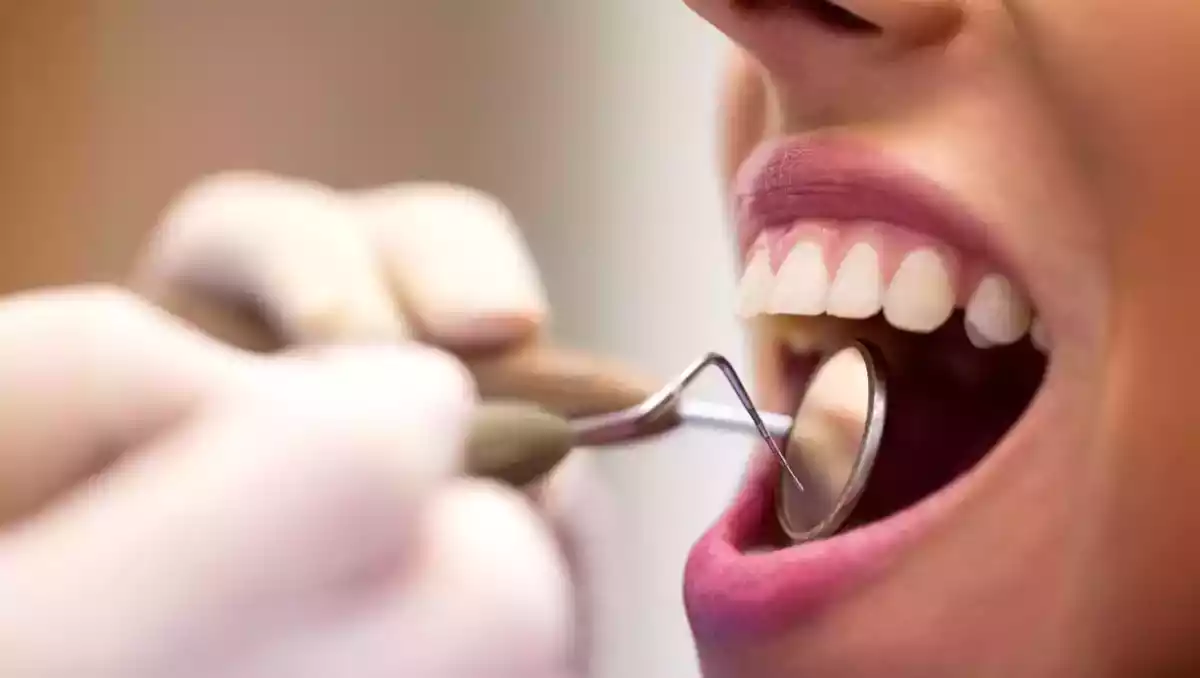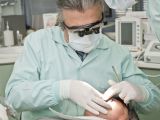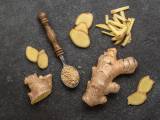Toothache when you eat cold? Here's why it happens (and what to do about it)

An ice cream, a cold drink, a yoghurt from the fridge... and a sharp, almost electric pain runs through your tooth?
Rest assured, you're not alone. This unpleasant sensation is known as tooth sensitivity. And while it's not serious in most cases, it's worth looking into if you don't want it to spoil your meals (or your summer).
Here's a simple explanation!
Where does the pain come from when you eat or drink cold?
The pain is actually caused by exposure of the dentin, the layer beneath the tooth enamel.
Normally, the enamel protects this sensitive area. But if the enamel is damaged, too thin, or if the gums have receded a little (known as gingival recession), the dentine becomes more exposed.
The result: the slightest contact with cold stimulates the nerves... and it stings!
What can cause this sensitivity?
Many things can weaken enamel or expose dentine:
- Brushing too vigorously or with too hard a brush (No, scrubbing harder doesn't make teeth cleaner!)
- Acids present in certain foods: lemon juice, soda, vinegar...
- Teeth grinding (bruxism), often unconscious, especially at night
- Recent dental care (whitening, scaling, cavities)
- Naturally thinner enamel, sometimes of genetic origin
In short, it's not a question of fragility or poor hygiene, but often a matter of small adjustments!
How to relieve (and avoid) pain?
Fortunately, a few simple reflexes can make all the difference:
- Use a toothpaste for sensitive teeth, based on fluoride and potassium nitrate. It helps to "desensitize" the nerves over time (allow a few days to feel the effect).
- Brush your teeth gently, using a soft brush and circular movements. The aim is to clean without irritating.
- Avoid repeatedly eating acidic foods, or rinse your mouth with water afterwards.
- Don't brush your teeth immediately after an acidic meal (wait 30 minutes), otherwise you'll further weaken the enamel.
- And if the pain persists, consult a dentist: he or she will be able to identify the exact cause (cavity, fissure, inflammation...) and suggest a targeted treatment.
In short: it doesn't have to be this way!
It's possible to eat cold without wincing! All it often takes is a little re-education of your dental routine, choosing the right products and taking it easy on the rough stuff.
And if the pain really does persist, don't ignore it: it's often a sign that a tooth needs a little attention!
Sources:
Ameli.fr - "Sensitive teeth: symptoms, causes and treatments".
UFSBD (Union Française pour la Santé Bucco-Dentaire) - "Understanding tooth sensitivity".
Doctissimo - "Why do teeth hurt when you eat cold?"
You may be interested in:
 Adèle Peyches
Adèle Peyches


Comments